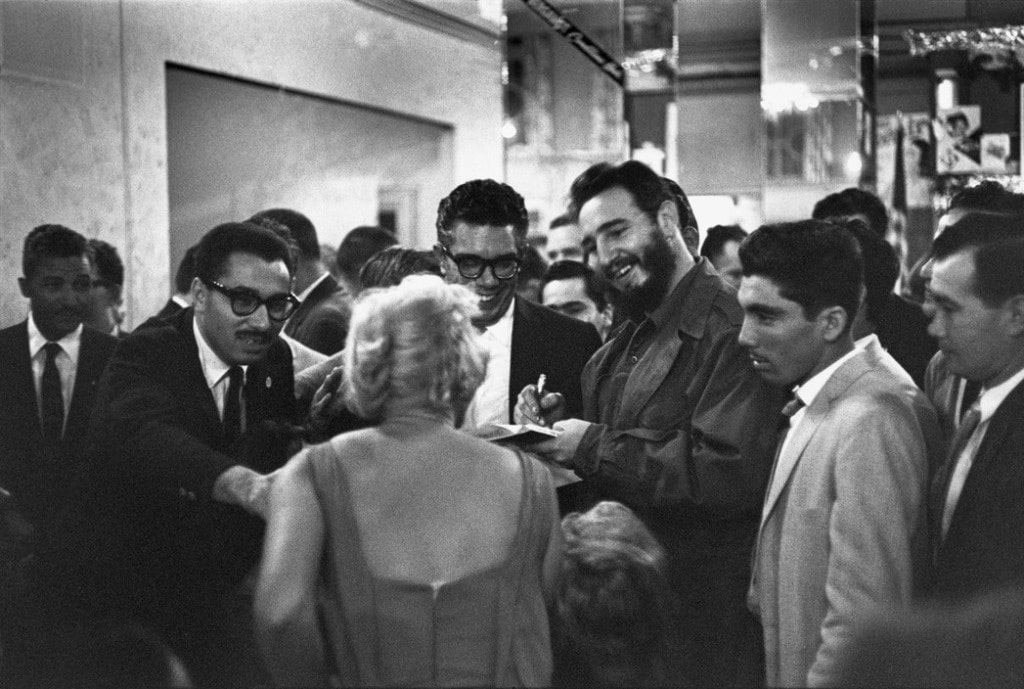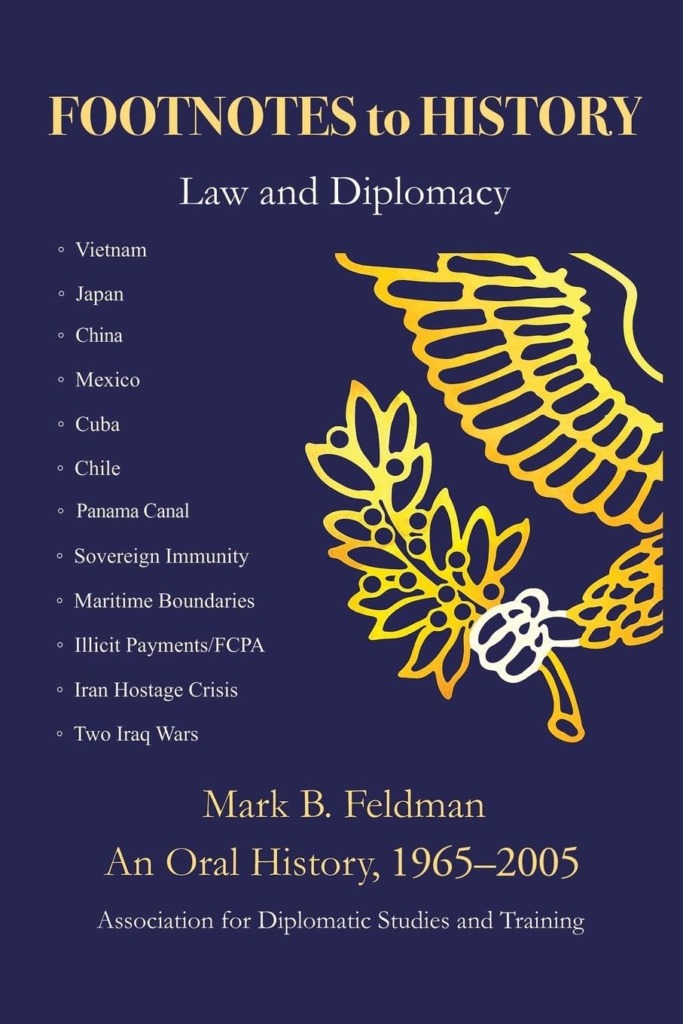D.C. Circuit Allows Venezuela Expropriation Case to Proceed
On October 3, 2025, the D.C. Circuit issued its latest opinion in Helmerich & Payne International Drilling Co. v. Venezuela. Judge Gregory G. Katsas affirmed the district court’s rulings that the Foreign Sovereign Immunities Act’s (FSIA) expropriation exception allows the plaintiff’s claim, that the district court has personal jurisdiction, and that the act of state…
Continue ReadingFederal Circuit Revives Afghanistan Lease Dispute
In a recent decision, Lessors of Abchakan Village v. Secretary of Defense, the Federal Circuit reversed the Armed Services Board of Contract Appeals (the “Board”) and revived a claim by Afghan villagers for $28 million in unpaid rent on a lease for a U.S. military base. Whether the villagers or the Government of Afghanistan owned…
Continue ReadingAll I Want for Christmas (from the Supreme Court)
Following up on John Coyle’s post yesterday, I’ve prepared my own list of things I wish courts in the United States would do differently in transnational litigation. 1. Abandon the U.S.-Conduct Requirement for the Presumption Against Extraterritoriality The Supreme Court uses a presumption against extraterritoriality to determine the geographic scope of federal statutes. There have…
Continue ReadingSuing Over the Price of Gas
The Organization of Petroleum Exporting Countries (OPEC) was established in 1960 “to ensure the stabilization of prices by, among other means, the regulation of production.” On one level, OPEC is simply a cartel engaged in anticompetitive behavior. On another level, it is an organization of nation-states that plays a significant role in world politics. Since…
Continue ReadingFifth Circuit Applies Act of State Doctrine in Holocaust Art Case
Does the act of state doctrine apply to mistakes? On May 29, 2024, the Fifth Circuit held in Emden v. Museum of Fine Arts, Houston that the doctrine bars a claim for return of a painting that the Dutch government gave to the wrong person after World War II. There were several copies of this…
Continue ReadingThrowback Thursday: Banco Nacional de Cuba v. Sabbatino
Sixty years ago, on March 23, 1964, the U.S. Supreme Court handed down its decision in Banco Nacional de Cuba v. Sabbatino. By a vote of 8-1, the Court held that the act of state doctrine prevented U.S. courts from questioning the validity of Cuba’s expropriations of property owned by U.S. nationals, even if the…
Continue ReadingSecond Circuit Hears Halkbank Oral Argument
On February 28, 2024, the Second Circuit heard oral argument in United States v. Turkiye Halk Bankasi A.S. From the judges’ questions—which admittedly came almost exclusively from Judge Bianco—the panel seems likely to hold that Halkbank, a Turkish state-owned bank, is not immune under federal common law from criminal prosecution for violating U.S. sanctions on Iran. That…
Continue ReadingA View of Transnational Litigation from the State Department
I recently had the pleasure of reading Footnotes to History: Law and Diplomacy by TLB contributor Mark Feldman. Mark spent sixteen years (1965-1981) at the U.S. State Department’s Office of the Legal Adviser, where he helped write the Foreign Sovereign Immunities Act (FSIA), the Foreign Corrupt Practices Act, and the Iran Claims Settlement Agreement. The…
Continue ReadingDistrict Court Rejects Forum Non Conveniens Motion in Haiti Price-Fixing Case
The plaintiffs in Celestin v. Martelly brought a class action alleging that Haitian President Michel Joseph Martelly hatched a scheme to impose fees and fix prices on money transfers, food remittances, and international calls to and from Haiti and that Haitian and U.S. companies joined the scheme in violation of U.S. antitrust law, the federal…
Continue ReadingThrowback Thursday: Eighty Years of Ex Parte Republic of Peru
Back in 1943, the Supreme Court issued its opinion in an admiralty case against the Ucayali, a Peruvian steamship. A Cuban company brought the in rem action in a federal district court in Louisiana alleging that the steamship violated a charter agreement by failing to carry a cargo of sugar from Peru to New York….
Continue Reading







